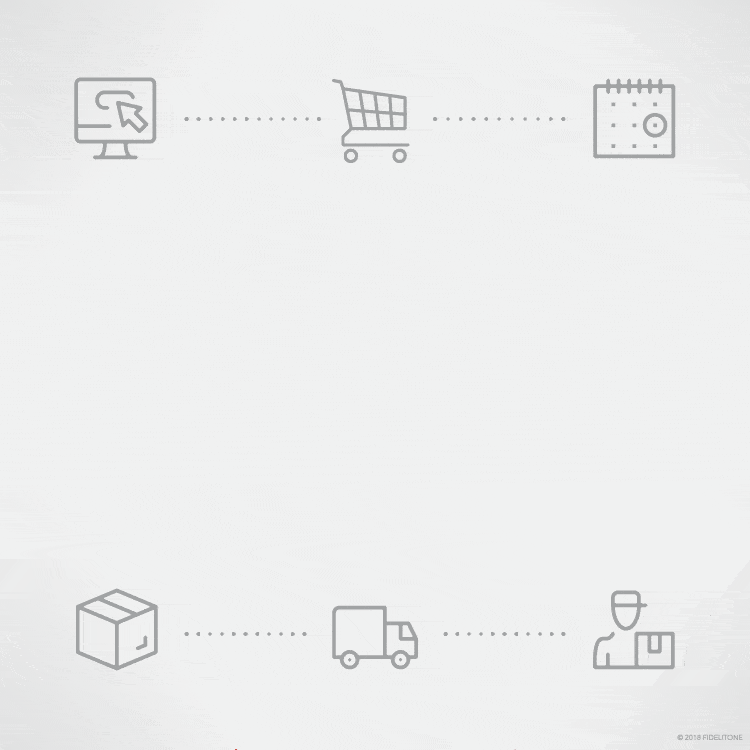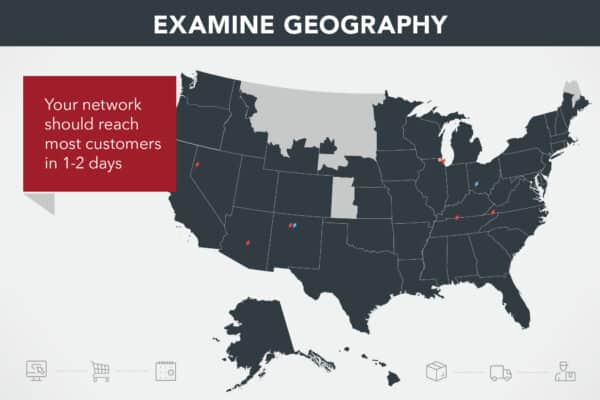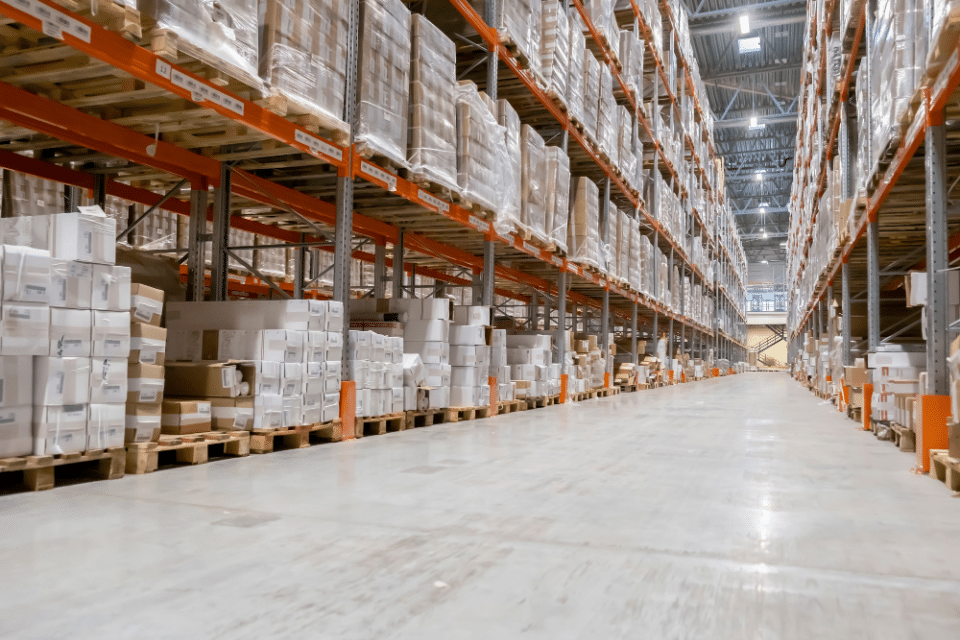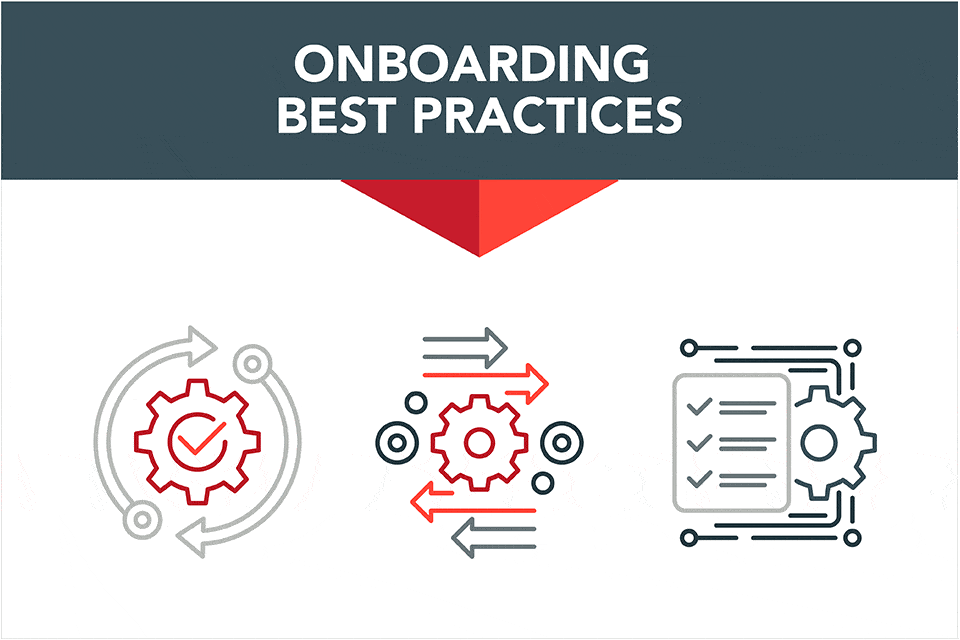A Manufacturer’s Guide to Direct to Consumer (D2C) Sales

Brand relationships. Customer retention. Rising revenues. These are all reasons manufacturers are flocking to direct to consumer (D2C) sales models. Adding a direct to consumer channel, including ecommerce, to your omnichannel strategy can open up new markets and future-proof your revenues. But are you ready? Here’s a quick guide to direct to consumer market expansion.
Direct to consumer (D2C) ecommerce basics
To make the leap into direct to consumer sales, you need a consumer-facing website with ecommerce functionality. This means a full-fledged, highly functional shopping cart solution that can offer all the SKUs you plan to offer directly to consumers in an engaging shopping experience.
Just how robust is the ecommerce strategy? We reported in our 6 Way to Optimize Your ecommerce Fulfillment Center blog that half of all retail growth last year was in ecommerce sales. The Economist Intelligence Unit predicts that more than 40% of manufacturers will soon be in the direct to consumer channel.
One of the benefits of a direct to consumer sales model is that you can typically offer more SKUs than in a brick and mortar store. Consumers love options. The ecommerce component of your omnichannel strategy offers the endless aisle consumers crave.
Product kitting and bundling
Make the most of your product catalog through kits and bundles. An efficiently managed order fulfillment operation can help you move more product by allowing customers to buy your products in bundles—quickly paired upon fulfillment. Kitting and bundling services can help bolster revenues in D2C ecommerce.
Consumers trust manufacturer expertise
But manufacturers focused on fewer products have succeeded in ecommerce as well. A small SKU library on an ecommerce website can highlight your product-specific expertise. Many consumers are looking for products of the highest quality, and a focused product library emphasizes quality over quantity.
A strategy like this can be a boon to your retail partners as well. Greater brand awareness and higher brick-and-mortar sales have been reported by 50% of manufacturers with a D2C ecommerce strategy.
Direct to consumer (D2C) inventory management
No matter the size of your product catalog, you will need to have sales projections backed by ongoing metrics and analysis in order to design and optimize effective operational processes.
Determine how much inventory you need to carry. How much warehouse space will that require? What will be the optimal warehouse layout? How much material handling equipment will you need? There is no single one-size-fits-all answer. This is why expert analysis is crucial as you create your omnichannel strategy and implementation plan.
Direct to consumer (D2C) order fulfillment & warehouse location
Of course, warehouse location is an essential component of your omnichannel plan. Simply begin with the given: Consumers expect 1-2 day shipping. If you can’t meet this expectation, you may not be able to play the game. Thus, the question is where can you locate warehouses to ensure this order fulfillment service level?
Warehouse location is also going to play a role in freight costs. The right location can make the difference between expedited fees to reach a 1-2 day service level – or routine freight costs. Through incremental savings on shipping, one order after another, strategic location of your order fulfillment operation can translate into a huge impact on your bottom line.
What if your current warehouse locations do not support 1-2 day service levels? Then the question becomes: What will it cost you to build a warehouse or lease space in a new location – and then invest in material handling equipment and required technology? In the cost analysis, it often makes sense to compare all this with the cost of outsourcing warehouse management and order fulfillment to a reliable partner who can leverage economies of scales on your behalf.

Direct to consumer (D2C) technology & WMS automation
The drive to contain costs in direct to consumer order fulfillment is powered by warehouse automation and technology. While expensive, warehouse automation such as conveyors, carousels, pick/put to light, and other technologies are the secret sauce to speed, low labor expenses, and accuracy in order fulfillment.
A warehouse management system (WMS) is essential, too, and capabilities can vary among software applications. Look for an application that drives efficiency with features like customized packing slips, shipping labels, and customer support capabilities that help you optimize a direct to consumer customer relationship. Consider carefully the IT infrastructure, hardware, and operating system required.
Warehouse management for D2C manufacturer sales
The right WMS helps keep you on the leading edge of service. Cerasis tells us, “The days of using a small, standalone warehouse management system (WMS) are ending, and distribution centers must turn to newer, more advanced warehouse management technology to meet rising demand for an omnichannel world.”
Will you require upgrades or all-new investments to make your systems work? How much downtime will you encounter – and what is the cost of shutting down order fulfillment? Consider the security of your IT system as well. In the search for optimized profitability, some manufacturers choose to outsource order fulfillment for economies of scale, expertise, infrastructure, and reliability in all the order fulfillment technologies.
Direct to consumer (D2C) labor requirement
It goes without saying that opening up the direct to consumer channel will lead to a boost in order volume. It could be sudden. And it could be seismic. In the well-known Nike example, after launching a direct to consumer strategy, Nike grew its direct to consumer channel from $6.6 billion in 2015 to $9.1 billion in 2016, growing the D2C channel eight times faster than its wholesale business. (Sources: Vision Critical, The Motley Fool)
Are you ready? Pursuing D2C sales as a manufacturer will impact staffing on your order fulfillment team. In turn, that headcount is affected by productivity levels required to meet your service levels. Also consider supervision, management, and related services like IT. Customer service staffing is crucial to address questions, concerns, and returns as shoppers will be looking for a great brand experience.
Direct to consumer (D2C) impact
“Direct-to-Consumer innovators report significant improvement across every measure of customer engagement – awareness, acquisition, satisfaction, mindshare, and profitability”, according to Forbes.
A direct to consumer ecommerce plan could leverage your brand equity and advance customers’ loyalty. As reported on Internet Retailer, “More than half of manufactures who report selling directly to consumers on their own ecommerce sites report it has had a positive effect on relationships with other sales channels.”
A study conducted by Forrester Research found that 82% of manufacturers surveyed said selling directly to consumers improved their customer relationships, and 76% reported that it improved customer experience. In that same study, 54% of manufacturers said their channel partners, who sell their brands, saw growth in sales, too. That’s because the manufacturer routed some of its direct to consumer sales to retailers for order fulfillment and likely because the brand itself gained clout. Here are more findings:
- Almost half of manufacturers said direct to consumer sales increased brand awareness and have boosted leads and sales for their channel partners.
- 27% said they can focus on items that yield the best profitability while letting the manufacturer fulfill orders for lower-volume inventory items.
- 14% said they see a benefit in letting the manufacturer test the success of new products before passing them along to retailers.
These findings make opening the direct to consumer channel a win-win for both manufacturers and their retail partners.
Future-proof D2C manufacturer sales
D2C manufacturer ecommerce isn’t a fad that will fade away. It’s a durable market shift—and preparing your supply chain for D2C ecommerce sales now will pay out in the years to come.
Direct to consumer (D2C) order fulfillment
Are you expanding your omnichannel strategy with direct to consumer sales? Or are you currently doing direct to consumer sales and want to improve your customer experience? Reduce your costs? Experts on the FIDELITONE team can help. We offer you a full range of Omni-Channel Fulfillment, D2C Fulfillment, and B2B Fulfillment capabilities. Give us a call at 800.475.0971 or contact us online.
FIDELITONE helps you earn customers’ loyalty through specialized services in inbound logistics, order fulfillment, last mile delivery and service parts management.



